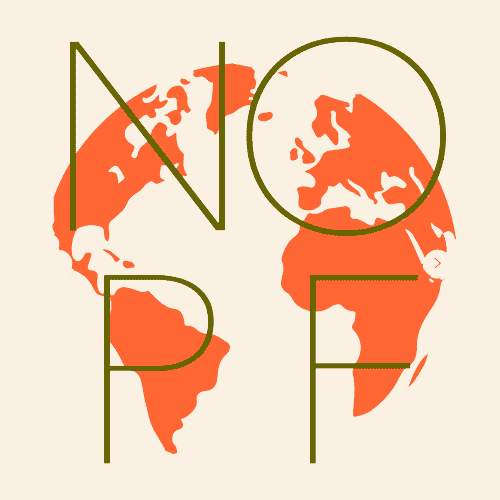Lavender Ink / Diálogos and Unlikely Books Reception
After the main Saturday evening event, Lavender Ink / Diálogos and Unlikely Books will sponsor a reception honoring their recent releases and new and established poets, with an inexpensive cash bar and food provided. This will be at the Artisan Bar and Café, a few doors down from the Healing Center. Come relax, chat with the poets, hang out, dance on the tables (just kidding), and whatever you like.
